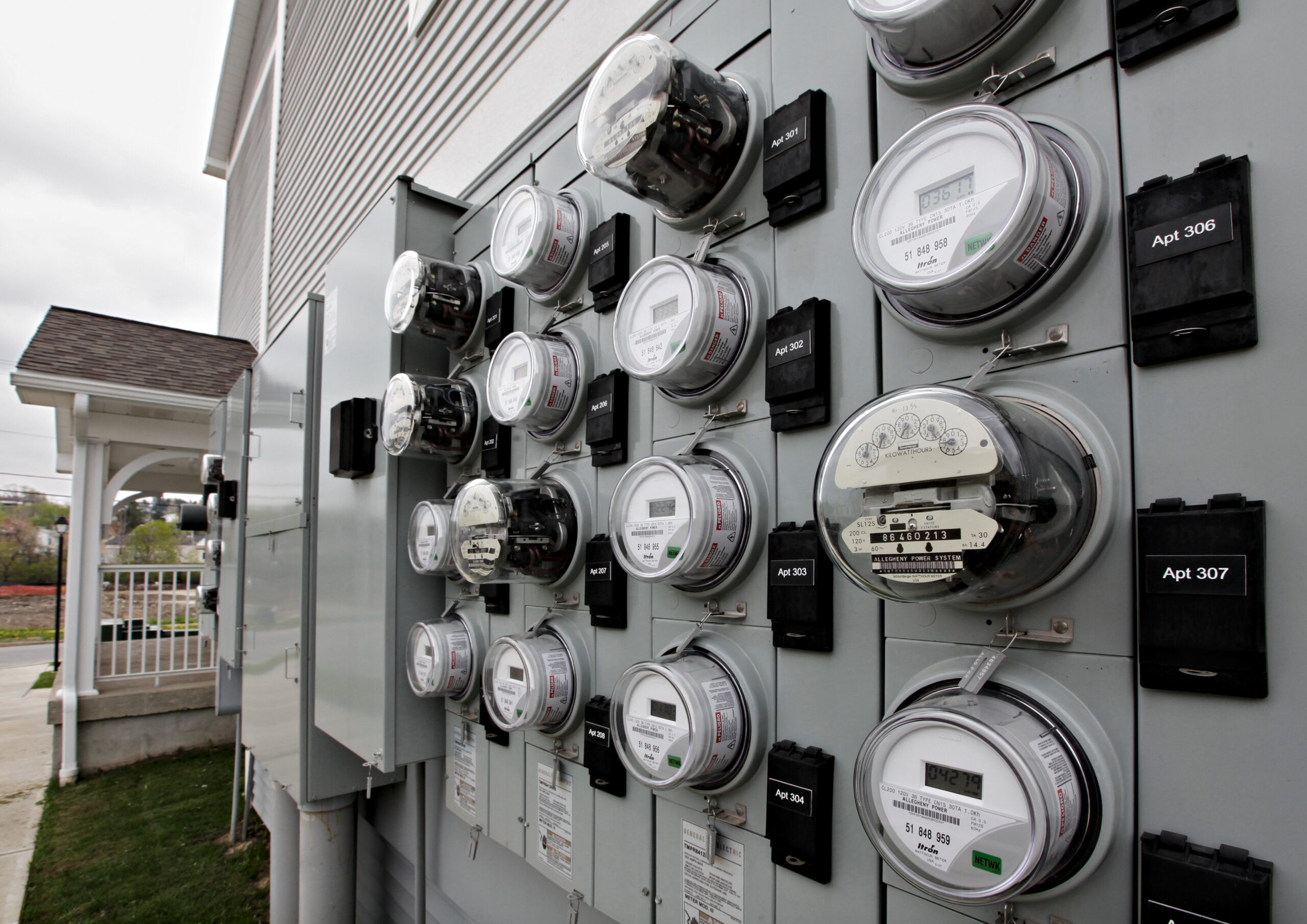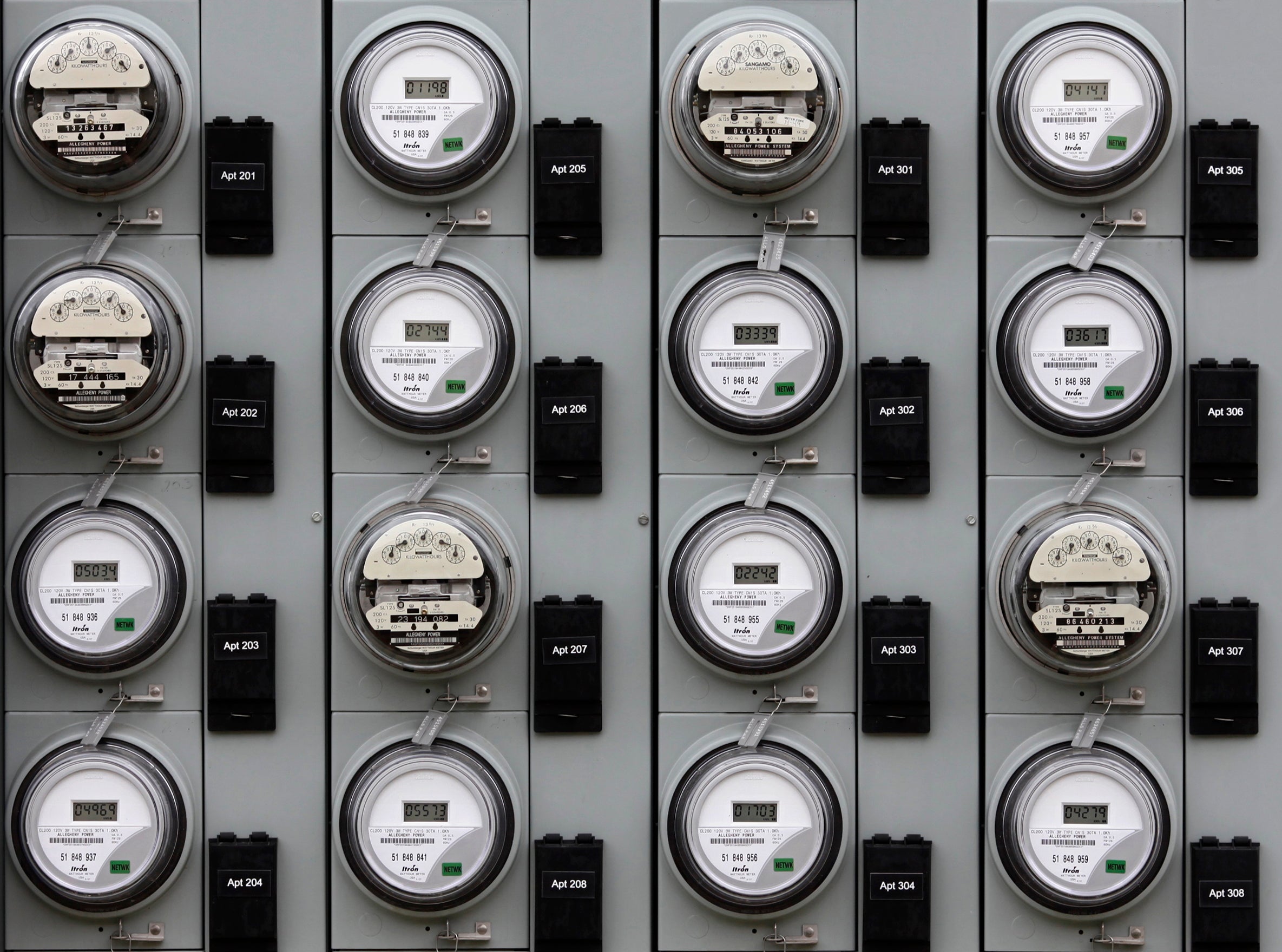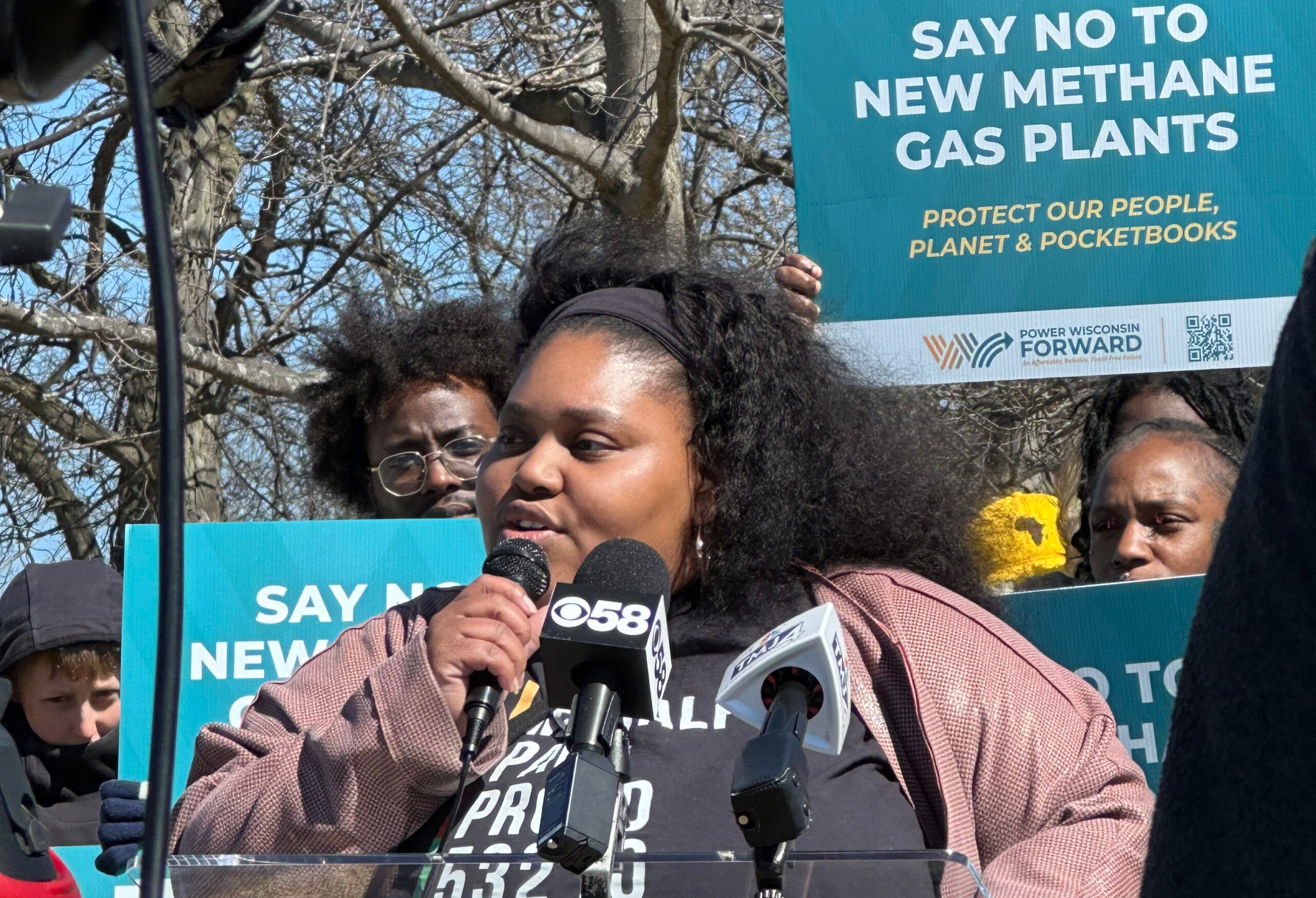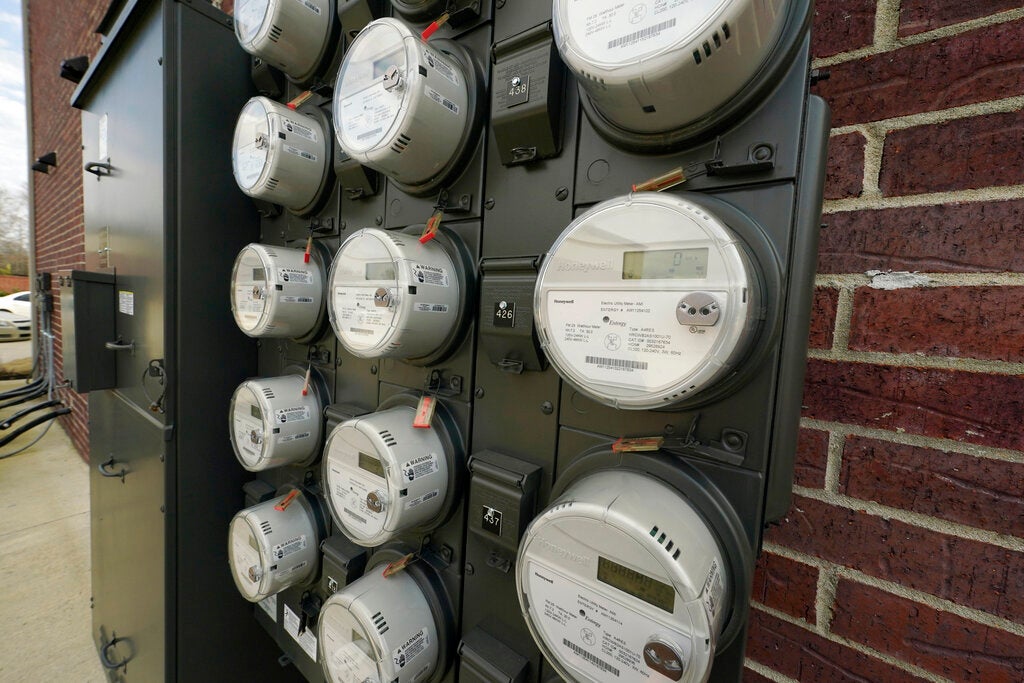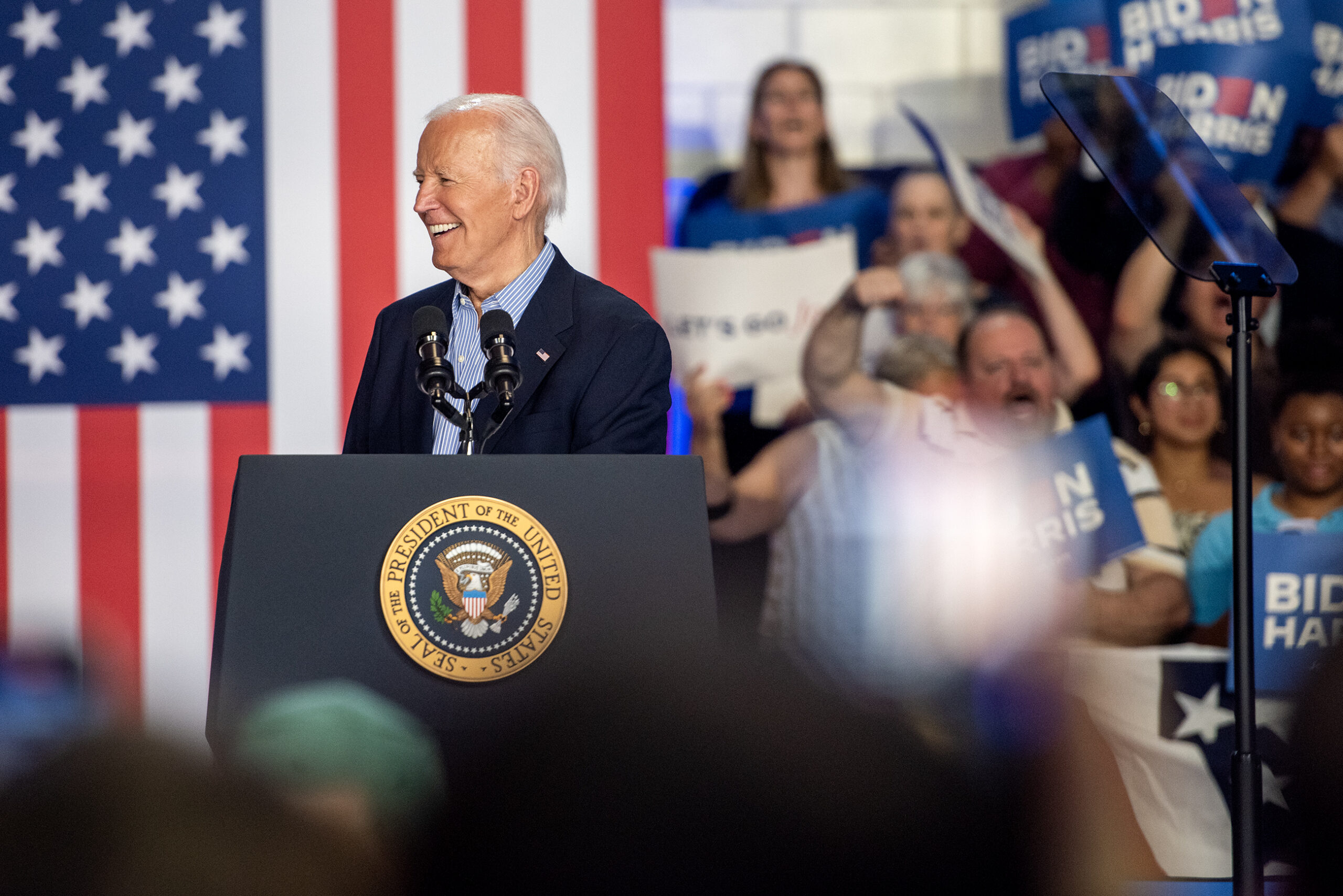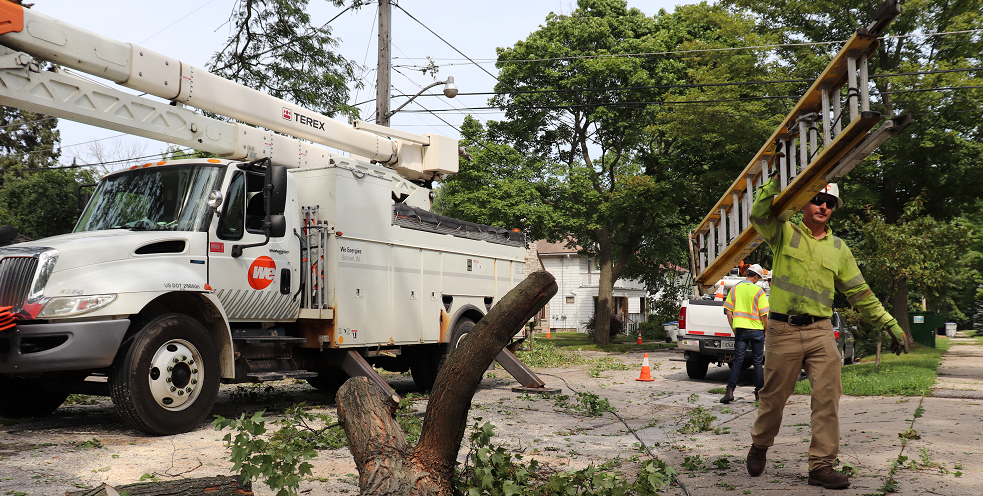State regulators have prevented utilities from shutting off water, power and heat for residential customers during the COVID-19 crisis. But the state’s 24 electric cooperatives that serve more than 587,000 customers aren’t required to meet the same standard.
While the Public Service Commission (PSC) oversees utilities, electric cooperatives are member-owned and governed by a board of directors elected by members, said Steve Freese, president and CEO of the Wisconsin Electric Cooperative Association.
WHYsconsin was recently asked what protections people have in regard to utility shutoffs or fees associated with late payments if the utility is a co-op. The person who reached out to WHYsconsin has electricity provided by Polk-Burnett Electric Cooperative and said they were told the co-op does not have to abide by the state’s moratorium. They also asked how a crucial service that is also the only option for customers can be exempt from the moratorium.
Stay informed on the latest news
Sign up for WPR’s email newsletter.
Freese said all members of the association voluntarily complied with the PSC’s moratorium on utility shutoffs while the state’s “Safer at Home” order was in place, which contributed to a spike in past-due bills among members.
“When the order was lifted, many of the electric co-ops made the decision to go back and to follow the disconnection protocols that they had as policies in place,” said Freese.
Since then, only four cooperatives have not resumed disconnections. Yet, Freese said cooperatives are generally reporting less than 1 percent of their members aren’t paying their bills.
The Polk-Burnett Electric Cooperative has shut off power to only two customers out of its 21,000 members since it resumed disconnections on July 1.
“It just seemed like at that time the economy was bouncing back, and we wanted to start making payment arrangements with members and getting them kind of aligned with trying to pay their bill on time again,” said Steve Stroshane, the cooperative’s general manager.
Cooperatives like Polk-Burnett Electric are setting up deferred payment agreements or working to connect customers with energy assistance agencies to ease financial strain.
In May, around $900 million was provided in supplemental funding to states for energy assistance. The Wisconsin Home Energy Assistance Program received an additional $8 million through the coronavirus relief bill. State data shows 213,717 households received energy assistance benefits in the year ending Sept. 30, which is 7.5 percent more than the previous fiscal year.
Over the summer, the PSC has repeatedly extended a moratorium on utility shutoffs, citing a growing number of COVID-19 cases and expiration of federal supplemental unemployment benefits.
Nearly one-third of residential customers among the state’s five largest utilities had past-due bills amounting to $235.7 million as of August. Utilities have argued customers will fall further behind on their bills, likely resulting in a rate increase for all customers.
Bayfield Electric Cooperative, which serves six northern Wisconsin counties, resumed disconnections at the end of July. CEO Diane Berweger said they’ve only shut off service for 13 people out of their roughly 9,400 members. She said those individuals either left or didn’t work with the cooperative to set up a payment plan.
“Our goal is not to have a rate increase, and, if you have a lot of people that leave us with delinquent bills, we eventually have to have a rate increase,” said Berweger.
Nonprofit electric providers including Vernon Electric Cooperative and Riverland Energy Cooperative are also reporting few disconnections during the pandemic.
Jerry Sorenson, Riverland’s general manager, said they resumed disconnections in May across the six counties they serve in southwestern Wisconsin. Since then, they’ve shut off power for around 80 people or about 0.5 percent of their 15,000 members.
“Which is fairly normal for us in any given summer,” said Sorenson.
In September, Vernon Electric Cooperative disconnected two accounts out of their roughly 10,000 members, said CEO Craig Buros. Of those, he said one account had an outstanding balance prior to the pandemic and the other was a seasonal home.
“We don’t have anybody disconnected at their primary residence,” said Buros.
Buros and other cooperatives who serve a majority of residential customers say the pandemic hasn’t had a significant impact on energy sales. Some report a slight uptick in sales, which they attribute to people working from home.
However, electric sales were down 4.6 percent in the first six months of this year for the Central Wisconsin Electric Cooperative due largely to a drop in large commercial accounts, said president and CEO Mike Wade.
“In July and August, they were warm months and maybe a little hotter than normal, and so we did see an uptick in sales during those summer months,” said Wade. “So, we’ve played a little bit of catch up, but we’re still down over the last two years.”
Wade said the cooperative issued 235 disconnections out of roughly 8,000 meters from July through September, noting they follow the PSC’s winter moratorium on shutoffs from Nov. 1 through April 15.
“We knew that November would be here before you know it, and we just felt compelled to begin the process again of doing disconnections,” he said.
Freese added that cooperatives don’t make a profit on electric sales unlike investor-owned utilities, returning more than $17 million to members in 2019.
“The only way that they can take care of when they have a shortfall of revenue because people don’t pay their utility bill is to raise their own and their neighbors’ electric rates,” said Freese. “And, they choose not to do that.”
State-regulated utilities remain under a moratorium on utility shutoffs through Nov. 1, which is the day that Wisconsin’s winter moratorium begins. That means utilities will be unable to shut off power or heat for customers through April 15.
